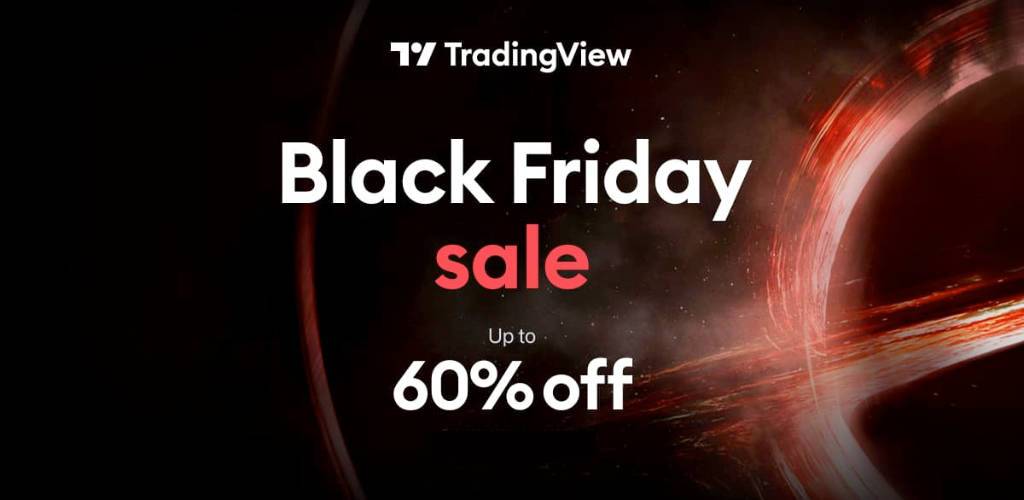The Role of Transparency in Choosing a Trading Broker
Understanding the Importance of Transparency in Trading Brokerage
Understanding the importance of transparency in trading brokerage is vital for every trader. It’s all about how openly and honestly a broker communicates with their clients about critical elements such as fees, risks, and trading conditions. A transparent broker doesn’t hide any charges or conditions in the fine print, but instead, clearly states all necessary information upfront. This helps traders make informed decisions about their investments. Without transparency, traders could face hidden charges or unexpected conditions that could potentially harm their financial interests. Therefore, when choosing a trading broker, ensure they uphold high transparency standards to safeguard your investment.
Defining Transparency in the Context of Trading Brokerage
Transparency in the context of trading brokerage refers to the openness and clarity about all aspects related to the brokerage services. This includes clear communication about the fees, charges, commissions, and any other costs associated with trading. It also involves providing accurate and timely information about the trading process, market conditions, and any potential risks. A transparent broker will not hide any details or use confusing language to mislead traders. They will provide all necessary information upfront, enabling traders to make informed decisions. Therefore, transparency plays a crucial role in choosing a trading broker as it ensures trustworthiness, reliability, and fairness in all trading activities.
The Role of Transparency in Building Trust with Trading Brokers
Transparency plays a pivotal role in establishing trust with trading brokers. When a broker is upfront about their fees, trading processes, and risks involved, it builds a foundation of trust with the client. It assures the client that there are no hidden charges or surprises waiting for them. Moreover, a transparent broker will always keep the client informed about the performance of their investments, potential market changes, and other vital information. This open and honest communication fosters a healthy relationship between the broker and the client, enabling the client to make informed decisions with confidence. Therefore, when choosing a trading broker, always look for transparency as it is a clear indicator of trustworthiness.
The Impact of Transparency on Risk Management in Trading
Transparency plays a critical role in risk management when it comes to trading. It directly affects your decision-making process when choosing a trading broker. A transparent broker provides clear, accessible information about their operations, fees, and potential risks. This allows traders to make informed decisions, reducing the likelihood of unexpected losses. Moreover, transparency fosters trust, ensuring that the broker operates fairly and ethically. So, when selecting a trading broker, always prioritise transparency, as it can significantly mitigate your trading risks.
How Transparency Affects the Decision-Making Process in Choosing a Trading Broker
Transparency plays a crucial role in the decision-making process when choosing a trading broker. It allows potential investors to make informed decisions based on clear, accessible, and accurate information. When a trading broker is transparent, they openly disclose all relevant information such as fees, trading conditions, risk factors, and company details. This not only builds trust with potential investors but also helps them assess if the broker aligns with their trading goals and risk tolerance. Without transparency, investors may face hidden costs and risks, leading to unexpected losses. Therefore, transparency significantly influences the choice of a trading broker.
Evaluating the Level of Transparency Offered by Different Trading Brokers
When choosing a trading broker, one crucial factor to consider is the level of transparency they offer. It’s vital to scrutinise how upfront they are about their fees, trading conditions, and potential risks. A genuine broker will be clear about their charges without hidden costs and provide detailed information about their trading terms and conditions. They should also be forthright about the risks involved in trading, not promising unrealistic returns. Comparing different brokers and their level of transparency can help you avoid falling into a trap and ensure that you select a trustworthy and reliable broker.
Case Studies: The Consequences of Lack of Transparency in Trading Brokerage
In our case studies, we’ve seen numerous negative consequences arising from a lack of transparency in trading brokerage. When brokers fail to disclose vital information about their fees, trading processes, or risk management strategies, clients often face unexpected financial losses. In some instances, clients have even found themselves in legal trouble due to undisclosed practices by their brokers. These cases underline the importance of transparency in trading brokerage. It’s crucial for brokers to be upfront about their operations to build trust with their clients and avoid costly misunderstandings or legal issues. Transparency not only protects clients but also enhances the reputation and credibility of the brokers.
The Legal and Regulatory Aspects of Transparency in Trading Brokerage
Transparency in trading brokerage is crucial and is governed by various legal and regulatory aspects. These regulations require brokers to disclose important information such as their trading practices, commissions, potential conflicts of interest, and financial health. These disclosures are designed to protect investors by providing them with the information needed to make informed decisions. Transparency also helps to build trust between brokers and their clients. Therefore, when choosing a trading broker, it’s important to consider the level of transparency they offer. Remember, a reputable broker will not shy away from being open and transparent about their operations.
Practical Tips for Ensuring Transparency When Choosing a Trading Broker
Choosing a trading broker involves a significant amount of trust, and transparency plays a crucial role in building that trust. To ensure transparency, start by researching the broker’s credentials and regulatory compliance. Check if they are registered with relevant authorities like the Securities and Exchange Commission (SEC) or the Financial Industry Regulatory Authority (FINRA). Reading online reviews and ratings can also provide insights into their transparency level. Additionally, assess their fee structure and ensure it’s plainly laid out with no hidden charges. Lastly, consider their communication style – a transparent broker will be upfront about risks and won’t shy away from answering your queries.
The Future of Transparency in Trading Brokerage: Trends and Predictions.
The future of transparency in trading brokerage is set to be significantly influenced by advancements in technology and evolving regulatory landscapes. Experts predict a growing trend towards more transparent practices, driven by increasing demands from investors for openness and accountability. Automated systems and blockchain technology are expected to play a crucial role in this, providing real-time data, reducing errors, and improving overall transparency. Additionally, regulatory bodies worldwide are likely to enforce stricter rules for trading brokers, further promoting transparency. In a nutshell, the future of trading brokerage is likely to be more transparent, trustworthy, and user-centric than ever before.
About Us
Your one-stop destination for unbiased, comprehensive, and transparent information on trading brokers.







